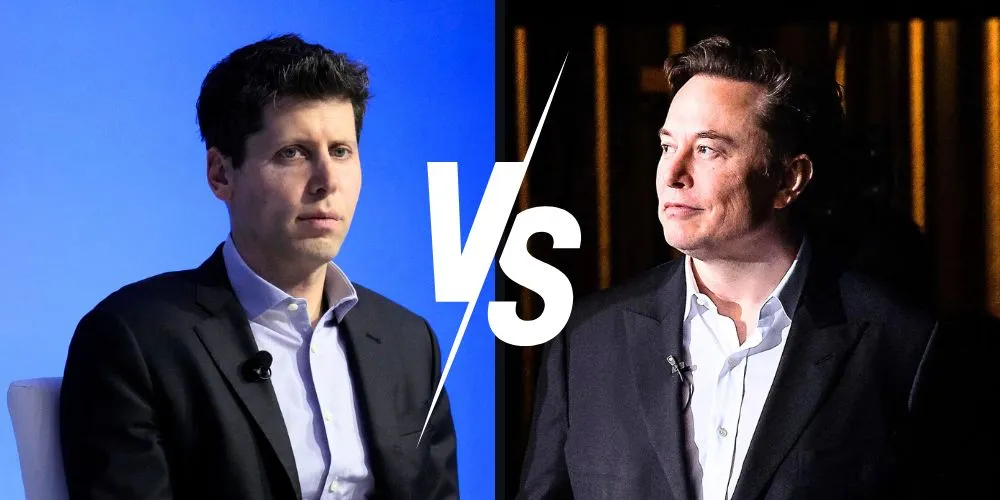Key Points:
- Elon Musk’s lawsuit against OpenAI alleges breach of contract, breach of fiduciary duty, and unfair competition.
- OpenAI published old emails from Musk, revealing past disagreements and discussions about the organization’s direction.
- Musk’s lawsuit accuses OpenAI of being a “closed-source de facto subsidiary” of Microsoft, which OpenAI denies.
- The legal battle highlights the complexities of balancing technology, ethics, and corporate interests in the AI landscape.
Elon Musk’s legal feud with OpenAI has revealed internal disagreements and allegations regarding the organization’s direction and mission. The lawsuit alleges breach of contract, breach of fiduciary duty, and unfair competition as Musk seeks to ensure OpenAI adheres to its original mission of making AI research and technology available to the public.
According to OpenAI, Musk was involved in the organization’s early discussions about its funding and transition into a for-profit entity. Musk reportedly suggested an initial funding commitment of $1 billion despite only contributing a fraction of that amount himself. As OpenAI contemplated its transition, Musk allegedly proposed merging the organization with Tesla or obtaining full control, ideas that were met with resistance due to concerns about mission alignment.
In 2018, Musk forwarded an email proposing to attach OpenAI to Tesla for funding purposes, emphasizing the need to compete with tech giants like Google. However, discussions on this matter did not progress further, and Musk eventually severed ties with OpenAI. OpenAI published old emails from Musk, shedding light on their past interactions and disagreements.
Musk’s lawsuit accuses OpenAI of being a “closed-source de facto subsidiary” of Microsoft, suggesting that its ties with the tech giant compromise its mission. OpenAI denies these allegations, stating that Musk knew the organization’s stance on AI technology dissemination. Internal memos from OpenAI leadership refute Musk’s claims, suggesting they may stem from his regrets about not being involved with the organization.
The legal battle underscores the complexities of navigating the intersection of technology, ethics, and corporate interests. Musk’s lawsuit reflects his ongoing commitment to transparency and public access to AI advancements, while OpenAI contends that its decisions align with its mission and goals.





